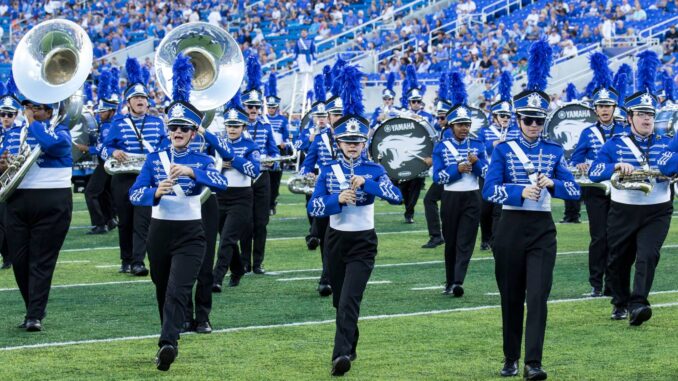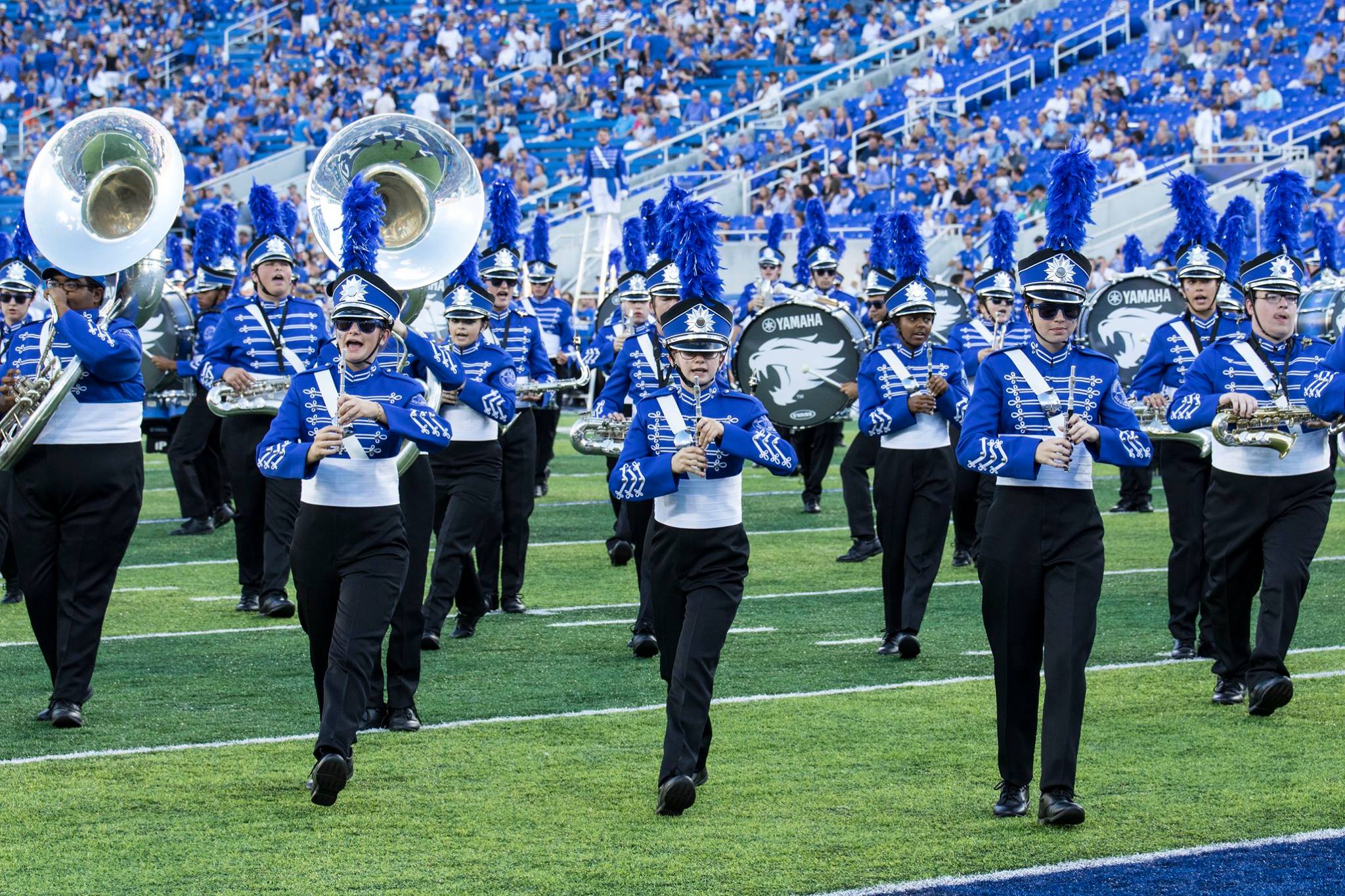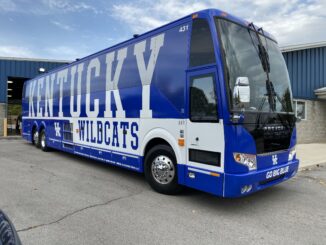

In a dramatic turn of events that has rocked the college marching band world, ESPN has officially retracted its earlier ranking of the University of Kentucky Marching Band as the No. 1 band in the world. In a public statement released this morning, the sports broadcasting giant issued an apology and corrected the record, declaring The Ohio State University Marching Band (TBDBITL) as the rightful No. 1 marching band globally.
The correction came after what ESPN described as a “serious internal miscommunication and editorial oversight” during the publication of their annual College Marching Band Power Rankings earlier this month. According to the network, an error occurred during the data collection and editorial process that led to Kentucky being mistakenly awarded the top spot, a title long held and fiercely defended by Ohio State’s renowned band.

“We sincerely apologize to The Ohio State University, its marching band, and its loyal community for the oversight,” ESPN said in its statement. “Our intention has always been to recognize the excellence, precision, and tradition that define college marching bands. In this case, we failed to uphold that standard due to misreported evaluation metrics. After a comprehensive review, we are correcting the record: The Ohio State Marching Band is the No. 1 marching band in the world.”
The retraction has sent ripples across the college music community. Ohio State’s Marching Band, affectionately dubbed “The Best Damn Band In The Land” (TBDBITL), is known for its awe-inspiring halftime performances, intricate formations, and military-style precision. Their performances, including the iconic “Script Ohio,” are recognized globally and have even been honored by musicians, celebrities, and former presidents.
Ohio State band director Dr. Christopher Hoch responded with professionalism and grace, stating, “We appreciate ESPN’s acknowledgment of the mistake and their commitment to setting the record straight. Our members work tirelessly to uphold the legacy and reputation of this program, and this recognition reaffirms that effort. We have nothing but respect for the University of Kentucky and their band, who are outstanding musicians and ambassadors in their own right.”
Meanwhile, at the University of Kentucky, the response was measured but understanding. The band’s director, Dr. Dana Biggs, acknowledged the correction, stating, “We are proud of the passion and performance quality our students bring to the field. While we were honored by the initial recognition, we understand the circumstances and extend our congratulations to Ohio State. There’s room in this space for mutual respect and continued excellence.”

Fans from both institutions took to social media with mixed emotions. Buckeye supporters celebrated the reinstated title with hashtags like #TBDBITL and #BackOnTop, while Wildcat fans defended their band’s rising reputation and class in handling the reversal. Some critics expressed frustration with ESPN for the lapse in editorial accuracy, calling on the network to implement stricter verification processes for future rankings.
The incident has also sparked a broader conversation about how college marching bands are evaluated and recognized. Unlike sports, where statistics are more objective, marching band rankings often rely on subjective assessments of performance quality, tradition, showmanship, and innovation.
Despite the temporary confusion, one thing is clear — the passion, discipline, and artistry of college marching bands remain a vital and celebrated part of American collegiate life. Whether it’s the precise drill formations of Ohio State or the growing legacy of Kentucky, both bands exemplify excellence and continue to inspire audiences nationwide.



Be the first to comment